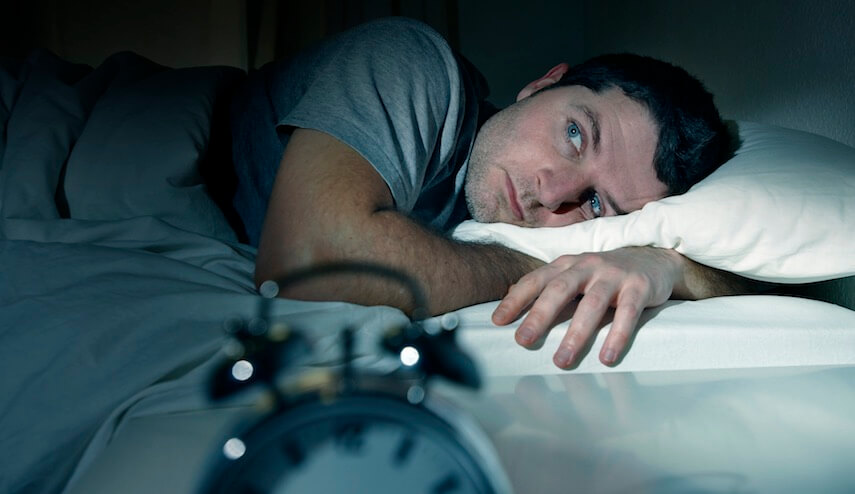As everyone knows, it is no trifling affair to toy with time.
But that’s just what the whole country did on Sunday, forcing its residents to set their clocks back one hour, as part of the tradition of “Daylight Savings Time.”
And every year, twice a year, the nationwide time change causes a noticeable bump in traffic fatalities, workplace injuries, and heart attacks, according to experts, due to the alterations of sensitive internal rhythms and schedules.
“During those winter months, we have a lot of people who suffer seasonal affective disorder, and studies have shown that just giving that extra hour in the evening, as opposed to the morning, when people are sleeping, can make a difference in lowering the rates of seasonal affective disorder,” Maine state rep. Donna Bailey, who proposed ending DST in her state, told the LA Times.
Originally conceived in the 1800s, purportedly to give farmers extra hours of daylight, DST was officially enacted nationwide in 1966.
It is actually liked by some people. They like to repeat “spring forward, fall back,” and enjoy the illusion of getting one extra hour of sleep for the first week after the November shift back.
Others point out farmers would just wake up when the sun rose, and never actually supported or needed DST to “save” extra hours of daylight. But politicians apparently thought altering clocks would make them look like geniuses.
But if you’re sick of having to reset your watch every six months, you are not alone. More and more people say they believe it is farcical for mankind to arbitrarily change the time of day twice a year. There are dozens of petitions on Change.org to end DST. The Standard Time movement also says DST is causing chaos and must be ended.
Unfortunately, no one is sure how to fix the mess. The #LockTheClock movement urges anyone with anti-DST leanings to contact their state and local legislators.
“Given the current situation in Washington, I don’t think there’s much we can do there,” said LocktheClock organizer Scott Yates.
Yates said that DST can make you “cynical.” It took effect in Europe weeks ago, but was delayed here in the US. Why? So candy companies can make more money at Halloween, Yates claimed.
“Lobbyists from the candy industry gave a basket of candy to members of Congress, and they extended DST until after Halloween for the safety of the children (and so they would have more time for trick-or-treating,” he wrote.
Politically, ending DST is a low priority, and its end is not likely anytime soon.
“Change is hard,” Yates wrote. “It’s coming, but it’s going to take a while.
All states have the option to opt out of DST. Arizona and Hawaii are permanently on standard time. Large agricultural swathes of Indiana refuse to participate, proving the lie of the “helping farmers” justification.
In Massachusetts, a state commission investigating the idea of ending DST found there would be “positive benefits” with making the November clock-change permanent, but stopped short of recommending permanently adopting standard time. Overall, they found adopting standard time would only be a net benefit if other Northeastern states followed the same path.
The Massachusetts panel also found standard time meant an economic benefit due to increased after-work daylight for people to go out, less detrimental health effects and benefits from more stable educational schedules. It could even “save energy, greenhouse gas emissions, reduce street crime and boost worker productivity,” according to the report.
Massachusetts state Sen. Eileen Donoghue, chair of the Massachusett’s “Special Commission on the Commonweatlth’s Time Zone,” told CBS News it is important to investigate DST, even if the odds are against any change.
“I think it’s important that we not just throw up our hands and say, ‘We’ve always done it this way, we’re going to keep doing it.’ … And though it’s not easy and change doesn’t come quickly, it’s something that merits further discussion,” she said.
But for now, you’ll just have to get used to telling yourself that it actually is 9 in the morning, even though it may feel like 10. Nothing’s changing here at the Metro office, where we’ll just be pounding on our K-cup machine until the paper’s done as always, regardless of whether its daylight or not.




























